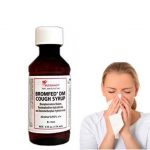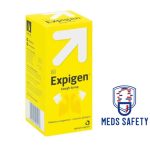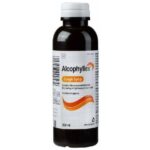Does Zykast Help With Dry Cough and COVID-19?
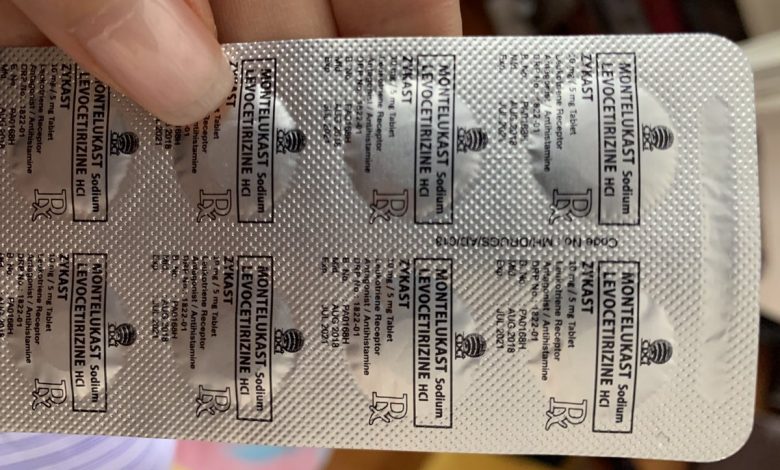
A cough is your body’s way of clearing the lungs and airways of irritants so you can breathe better. When you have an illness that affects your respiratory system, you may cough up mucus. This is a wet cough. Healthcare providers consider a wet cough to be productive because it clears phlegm (mucus) from the lungs and airways. If too much phlegm builds up in the lungs, you may become short of breath and develop other problems.
When you have a dry cough, nothing comes up. This unproductive cough doesn’t open up the lungs or air passages. Many things from allergies to acid reflux can cause a dry cough. A persistent dry cough can be caused by an upper respiratory infection or bronchitis. Other common causes of a dry throat cough include asthma, smoking, or viral throat infection. Viral pneumonia and COPD are less common causes of dry cough.
In some cases, there’s no obvious cause. Regardless of the cause, an ongoing dry cough can seriously impact your day-to-day life, especially if it’s worse at night.
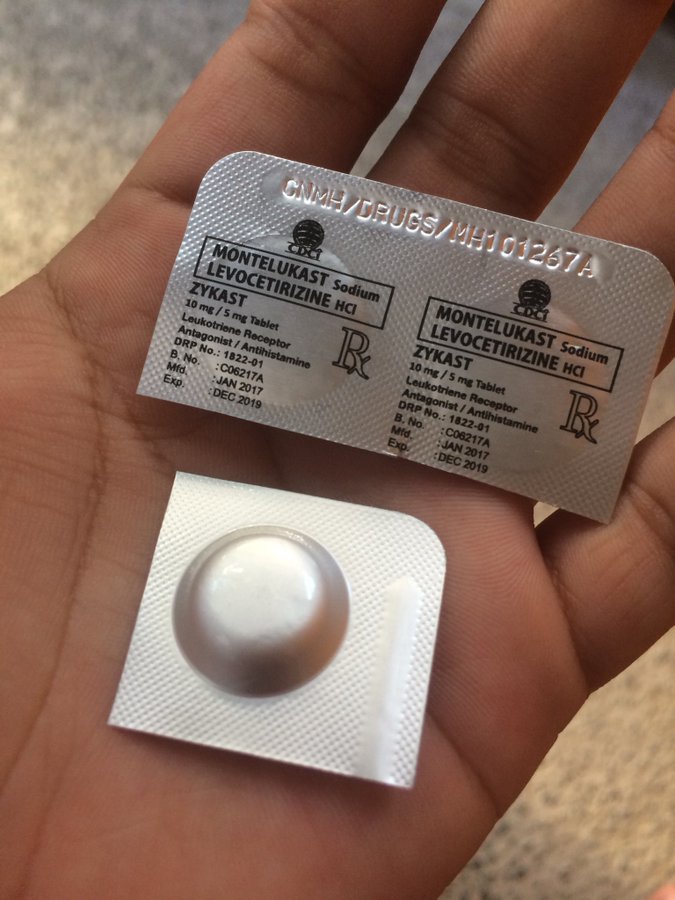
What is Zykast?
Zykast is a combination medication containing montelukast and levocetirizine. It is used to relieve symptoms of allergic rhinitis (seasonal and perennial) such as nasal congestion, clear runny nose, itchy, red, watery eyes, and sneezing.
Montelukast is in a class of medications called leukotriene receptor antagonists (LTRAs). It works by blocking the action of substances in the body that cause the symptoms of asthma and allergic rhinitis.
Levocetirizine is in a class of medications called antihistamines. It works by blocking the action of histamine, a substance in the body that causes allergic symptoms.
In combination, these two medication work in synergy to relieve symptoms associated with seasonal and perennial allergic rhinitis.
Each tablet of Zykast contains Montelukast sodium 10 mg and Levocetirizine dihydrochloride 5 mg as active ingredients.
Is Zykast good for dry cough?
Yes, Zykast contains montelukast sodium which studies have shown to be very helpful with mild or severe dry cough though, it achieves this by blocking the action of chemicals called leukotrienes, which make the airways of people inflamed and highly sensitive, leading to wheezing, difficulty breathing, chest tightness, and coughing.
Zykast is also an effective medication in the treatment of dry coughs triggered by allergens due to its levocetirizine content which reduces cough associated with allergies by blocking the effects of a chemical messenger, histamine.
Ongoing research on COVID-19 therapy is exploring the synergistic anti-inflammatory effects of the two active ingredients in Zykast (Montelukast and Levocetirizine) for the management of COVID-19 infections because it has been found to reduce the progression, and duration as well as prevent and treat many of the aspects of ‘Long COVID,’ (COVID-19 that continue for weeks or months beyond the initial illness).
How is Zykast taken?
The recommended dosage of Zykast is 1tablet taken once a day in the evening with or without food. Take Zykast at the same time every day. Follow the directions on your prescription label carefully, and ask your doctor or pharmacist to explain any part you do not understand. Take Zykast exactly as directed. Do not take more or less of it or take it more often than prescribed by your doctor.
Zykast is approved for adults as well as adolescents ages 15 years and older. Zykast dosages in the elderly should be adjusted in accordance with their renal function.
Can a pregnant or breastfeeding woman take Zykast?
No, the manufacturer of Zykast reports a possible link between the use of Zykast during pregnancy and limb defects (problems with fingers, toes, arms, or legs). Zykast can also get into breast milk in small amounts. Usually, no special precautions are required when using Zykast while breastfeeding. Be sure to talk to your healthcare provider about all of your breastfeeding questions.
Zykast Side Effects
Common side effects of Zykast tablets can include:
• upper respiratory infection
• fever
• headache
• sore throat
• cough
• abdominal (belly) pain
• diarrhea
• earache or ear infection
• runny nose
• sinusitis (pain or swelling in your sinuses)
• joint pain
Most of these side effects may go away within a few days or a couple of weeks. But if they become more severe or don’t go away, talk with your doctor or pharmacist.
Serious side effects
Serious side effects from Zykast tablets aren’t common, but they can occur. Call your doctor right away if you have serious side effects. Call 911 or your local emergency number if your symptoms feel life-threatening or if you think you’re having a medical emergency.
Serious Zykast side effects and their symptoms can include:
• Increased levels of eosinophils (a type of white blood cell), which can sometimes cause severe vasculitis (swelling throughout your blood vessels). This is also known as Churg-Strauss syndrome. Symptoms can include:
o numbness or tingling in your arms or legs
o flu-like symptoms, such as chills or body aches
o rash
o severe pain and inflammation (swelling and damage) in your sinuses
o worsened asthma symptoms, such as trouble breathing
• Thrombocytopenia (low levels of platelets in your blood), which usually only causes symptoms in severe cases. Symptoms can include:
o bruising easily
o nosebleeds
o gum bleeding or other bleeding that seems to occur randomly
o petechiae on your skin (small, dark spots that are caused by bleeding)
• Severe rash or swelling, such as Stevens-Johnson syndrome.
• Allergic reaction.*
• Serious behavior or mood changes, including suicidal thoughts or behaviors.
• Sleep problems.*
• Liver issues.*
Zykast has a boxed warning for this side effect. This is the most serious warning from the Food and Drug Administration (FDA).

